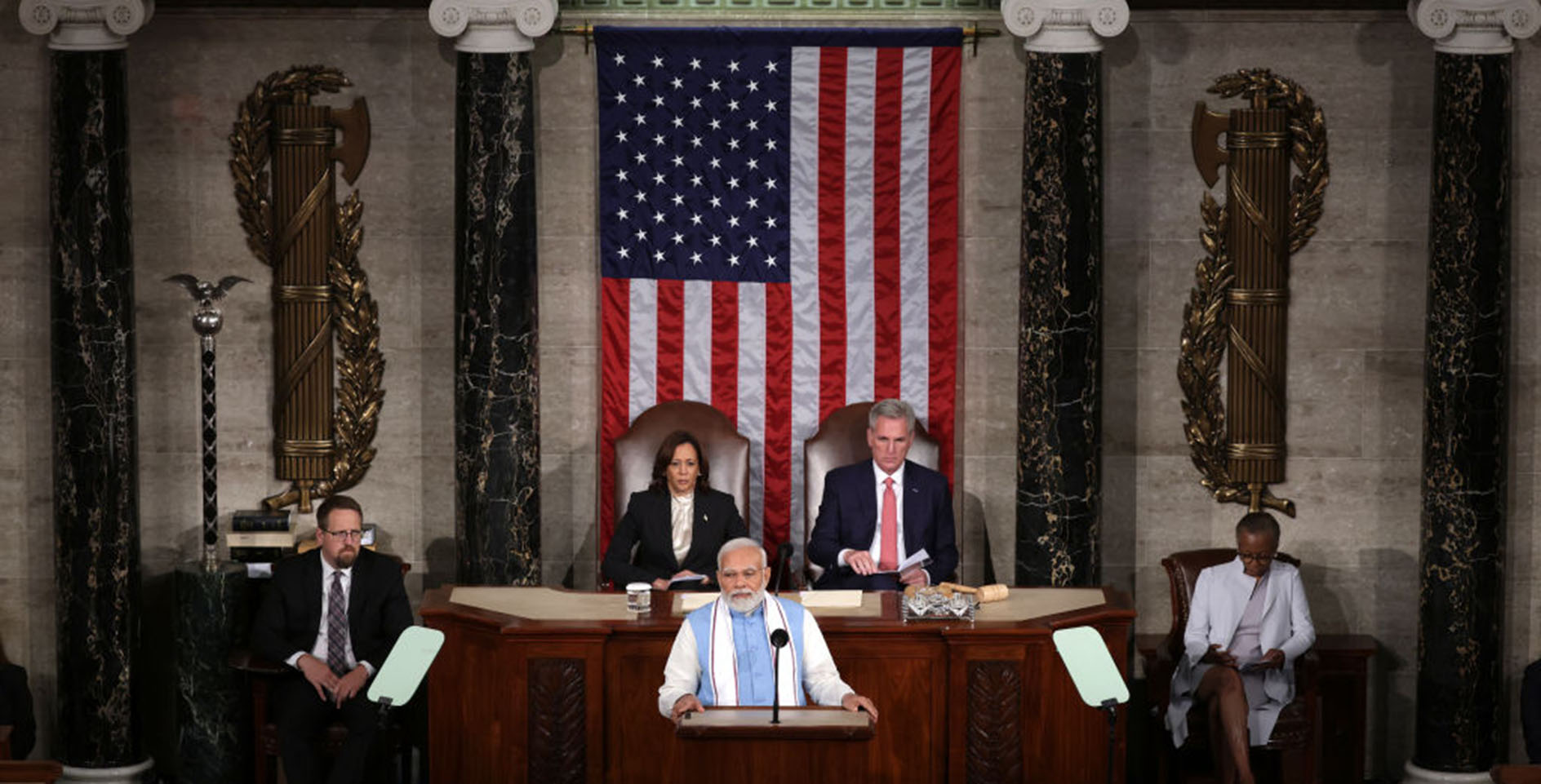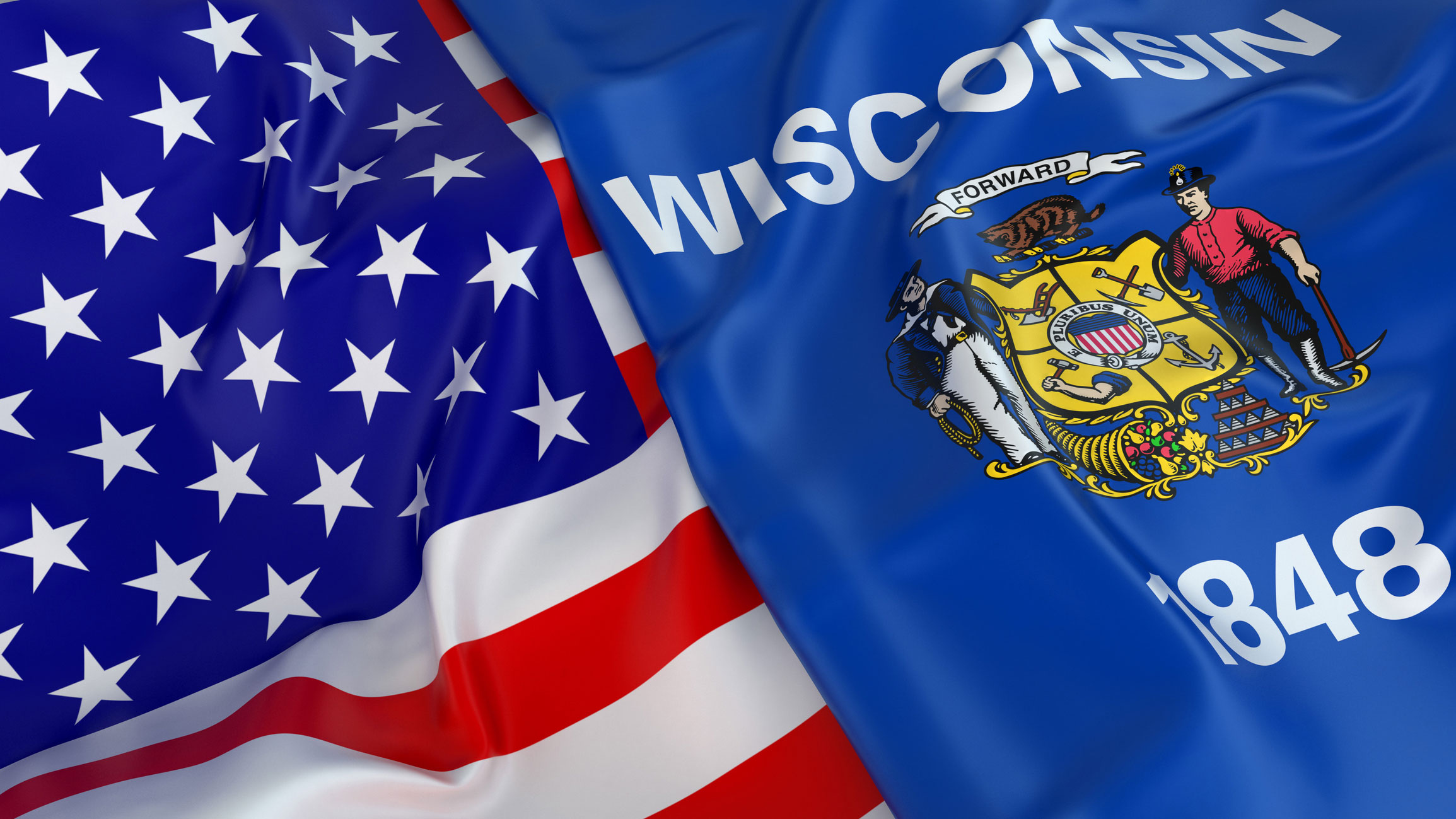The love of God and neighbor is at the foundation of all of the ERLC’s work because this love is the greatest commandment in the kingdom of Christ. This love compels ERLC’s public policy advocacy in Washington, including efforts to defend constitutional rights before the Supreme Court on cases fraught with cultural tension. If the only thing we have in common with our neighbor is the image of God, that should be enough to spur us to love.
There were two important cases before the Supreme Court in 2018 in which the ERLC filed amicus briefs on the merits. Both cases dealt with freedom of speech in the context of controversial social issues. The first was Masterpiece Cakeshop v. Colorado Civil Rights Commission dealing with the free speech question in a situation involving religious liberty. The second was the National Institute of Family and Life Advocates (NIFLA) v. Becerra dealing with the free speech question for pro-life pregnancy resource centers.
Masterpiece Cakeshop
In Masterpiece Cakeshop, the question before the Court was whether the state of Colorado can force the shop owner, Jack Phillips, to use his creative gifts to tell a story and to share a message that violates his sincerely held religious beliefs. The ERLC is commissioned—and committed—to advocating for this religious liberty for all people. Religious liberty is much more than one’s freedom to worship on the weekend, it is also the freedom for individuals of all faiths and none to fully express and live according to their deepest held beliefs in all aspects of their lives. It is the freedom to gather around your dinner tables to pray and the freedom to put food on those dinner tables without violating your most deeply held convictions.
The Supreme Court ruled 7-2 in favor of Jack Phillips. According to the ERLC policy staff: “the Court’s decision is a clear reaffirmation that government must give ‘neutral and respectful consideration’ in weighing the rights of business owners who make religious claims. The decision should also be viewed positively by people of all faiths as a reinforcement of the importance and value of religious freedom more broadly.”
Christians often disagree on whether or not someone, out of love, ought to bake a cake for their neighbor’s same-sex wedding ceremony, but that was not the particular question before the Court. The question before the Court was whether or not the government could use its authority to force Jack to use his artistic creativity to do what his own conscience would not allow. We can love our neighbor best by advocating first for the protection of their freedom of conscience in order to affirm their dignity as an image-bearer of God. Government is outside its God-given domain when it seeks to coerce conscience.
NIFLA
In NIFLA, the question was whether the state of California could require pro-life pregnancy centers to tell their clients how to obtain an abortion and force these centers to promote other government-written communications. The ERLC upholds God’s good design for human flourishing beginning with the protection of the most vulnerable among us—life in a mother’s womb. In this effort, the ERLC supports the heroic work of pregnancy resource centers caring for women and their children in crisis.
The Supreme Court ruled 5-4 in favor of NIFLA. According to the ERLC policy staff:
This decision by the Court is a victory for free speech, religious liberty, and the sanctity of human life. Under the precedent set by this ruling, pro-life centers will not be required to compromise their principles by advertising for abortions, a violation of their most deeply held convictions and beliefs. As a result of this decision, these centers will be protected from future encroachments on their ultimate goal of reaching women with a gospel-driven message of love and dignity for all human life.
Ultimately, we protect religious liberty and the vulnerable in order to uphold human dignity in response to the greatest love—the love of Christ for us at the cross. The ache behind all human longing is the chasm between a holy God and sinful men. We are all created in the image of God and therefore worth immeasurable dignity but also marred by our own sin and therefore condemned. No government can restore the chasm between the beauty of Genesis 1 and the tragedy of Genesis 3.
Yet Christ came for broken sinners to bring us back to the Father, restored to where we are meant to be. This is the glory of the Christmas story. This season of joy is a reminder of that gospel promise of hope. The ERLC will continue working to protect the vulnerable and defend religious liberty in order to point toward the wondrous mystery of the hope we have in Christ.










